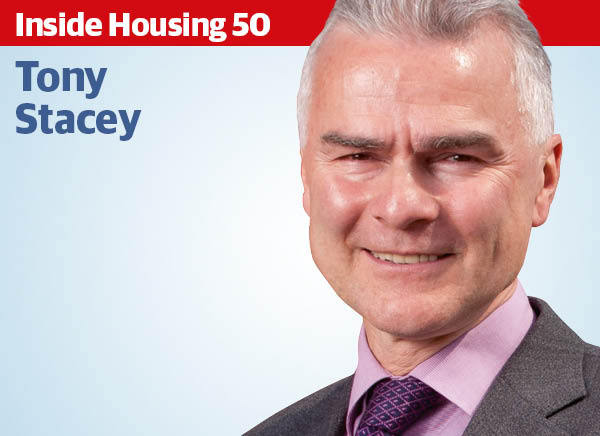You are viewing 1 of your 1 free articles
Cracking the code
The merger code for associations can help, but won’t do all the work for you, says Helen Collins

Source: Shutterstock
The ‘m’ word has always roused passions in the housing world.
Housing associations are independent organisations, rightly proud of their history and impact in the communities in which they operate. Perhaps as a result, the actual incidence of mergers (there, I’ve said it!) among England’s 1,500 housing associations is relatively few.
However, in light of recent policy upheavals such as the 1%, four-year cut in social rents and the focus of all new government investment on home ownership, the status quo simply will not be an option for many organisations.
To be clear, this does not mean housing associations should be merging at all costs, or that this is the only option in town to improve financial capacity and ensure social landlords can continue to deliver their social aims. Far from it. But, for many organisations, a merger may well be the most sensible option.
At Savills, we have seen an increase in merger discussions among clients in the past year, as housing associations try to get to grips with the new operating environment.
There’s even nervousness in some quarters of ‘missing the boat’ as others get into serious discussions. In reality, while there is more genuine activity, this has ticked up from a pretty low base.
“Housing associations have the march on the private sector in delivering shared ownership, and grant support is available on relatively generous terms, following the recent Spending Review.”
Also, it has ticked up pretty quickly and therein lies a challenge: some of this early activity is based on relatively loose ambition and critiera for the outcome of a potential merger. This is one reason why we have been working with the National Housing Federation to research and write a merger code.
In the more benign regulatory and operating environment of the past, personality-driven or opportunistic mergers secured approval without too much challenge. No longer. In this new world, mergers will be much more financially motivated and focused. Boards, and the regulator the Homes and Communities Agency, will need convincing to merge weak businesses, or set up new businesses with significant exposure to the housing market.
The case for mergers is clear. The government has given housing associations a golden opportunity to demonstrate their ability to build shared ownership homes, and to a lesser extent, Starter Homes.
Housing associations have the march on the private sector in delivering shared ownership, and grant support is available on relatively generous terms, following the recent Spending Review.
At sector level, the political consequences of failing to deliver on contributing significant numbers of new homes towards the government’s target of 1m by 2020 would likely be serious. If organisations lack the financial capacity or skills to deliver on the new homes agenda, they are duty-bound to seriously consider a merger.
This is where the merger code comes in. It is designed to facilitate constructive, relevant conversations about the role of mergers in the new housing environment. It does this by setting out a simple process outlining how housing associations should respond in the event of a merger approach.
For this to be of use to housing associations, however, their boards must have an idea of what they would seek to achieve as a result of merger, the characteristics of organisations that would help achieve the desired outcome, what they have to offer, what they do and don’t want of a partner, where they can be flexible and where there are ‘red lines’.
The merger code offers a framework to help organisations clarify their thinking and their approach. It does not set the housing sector on an inexorable path to cycles of ever-larger consolidation. There is a word for who has ultimate responsibility for the future of housing associations: ‘you’.
Helen Collins, director, Savills Housing Consultancy














